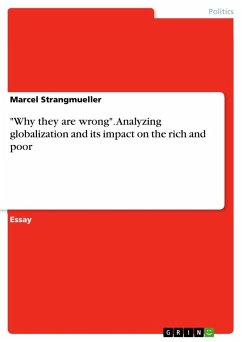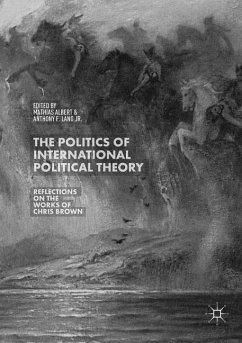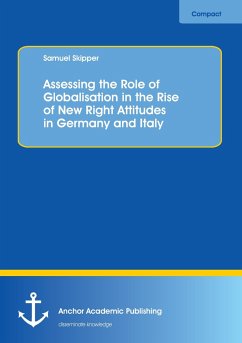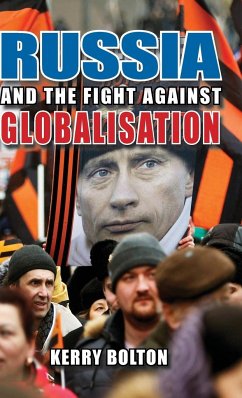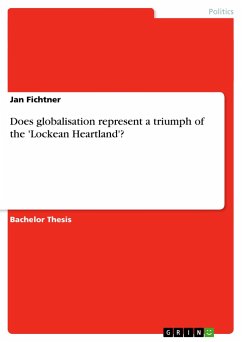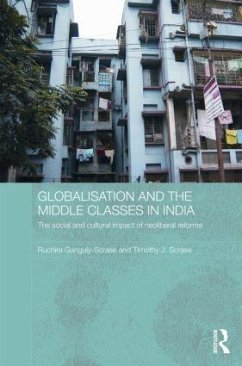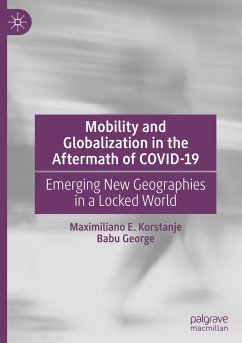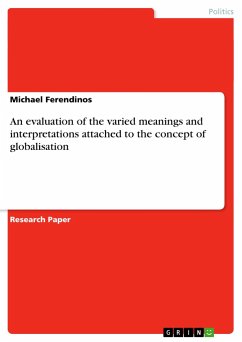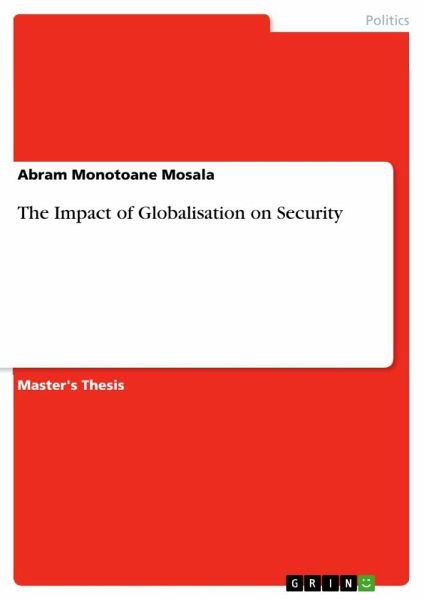
The Impact of Globalisation on Security

PAYBACK Punkte
0 °P sammeln!
Master's Thesis from the year 2001 in the subject Politics - General and Theories of International Politics, , course: Master in Governance and Political Transformation, language: English, abstract: The fundamental importance of this research work rests on the examination of how the globalisation of security has resulted in the state forfeiting some of its key functions in the area of security. The aim of the study, therefore, is to establish how, as a result of globalisation, the state is no longer able to fully provide security to its citizens.This study started off by outlining globalisatio...
Master's Thesis from the year 2001 in the subject Politics - General and Theories of International Politics, , course: Master in Governance and Political Transformation, language: English, abstract: The fundamental importance of this research work rests on the examination of how the globalisation of security has resulted in the state forfeiting some of its key functions in the area of security. The aim of the study, therefore, is to establish how, as a result of globalisation, the state is no longer able to fully provide security to its citizens.This study started off by outlining globalisation as a process of transformation. The ambivalent and contradictory nature of the process of globalisation was revealed. It was argued that the process of globalisation has an uneven effect on the people of the world. The second part of this study dealt with the concept of human security in the post-Cold War period. It was highlighted that the post-Cold War period necessitated a rethink of the traditional militaristic approach to security. It was shown that the military view of security was restricting and limiting the scope of study of security. Hence a need for a more inclusive approach was necessary. As a result, the security horizon was widened to include not only military, but also economic, political, social and environmental dimensions.The third section dealt with the complex relationship between globalisation and security. The complexity of the relationship emerged from the fact that the evolution of the relation is fundamentally tied to a historical perspective on the evolution of the state and security as a structure of international politics. The other issue which was highlighted was the fact that the state was undergoing transformation and as a result was adopting new roles in its performance of its security function. The complexity of the relationship was also shown by the fact that the process of globalisation is not driven by a single issue - for example economic issues - but instead it is multivariate.The last section analyzed the manifestations of the relationship between globalisation and security. Four interrelated sets of arguments were discussed, namely: security and extraterritoriality, security within global networks, new security agenda as a product of globalisation, and state capacity to provide security. It was revealed that although the introduction of nuclear weapons challenged the ability of states to provide security within its borders, the significance of territory still matters. The revolution in military technology has resulted in the globalisation of the arms trade and arms production.




